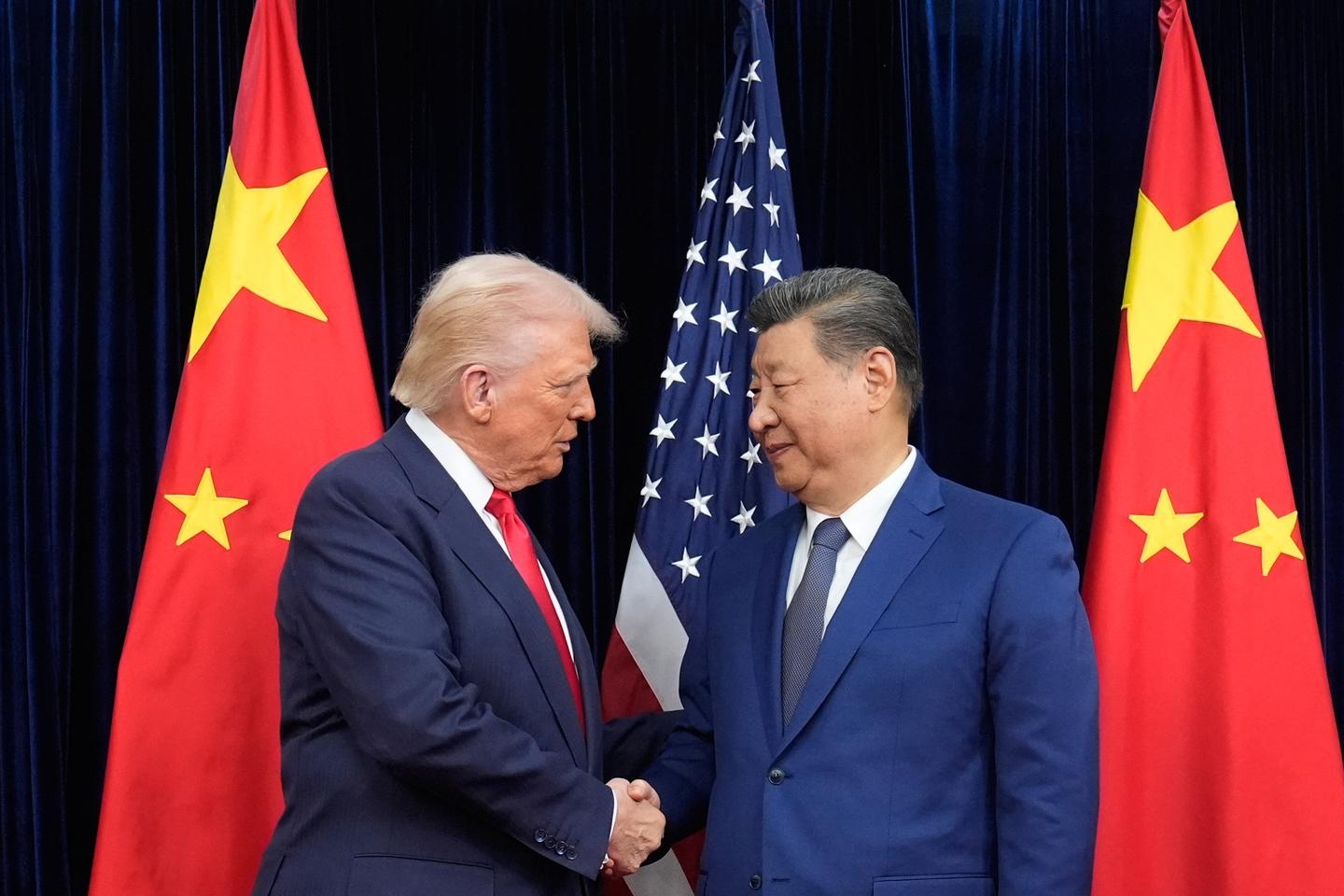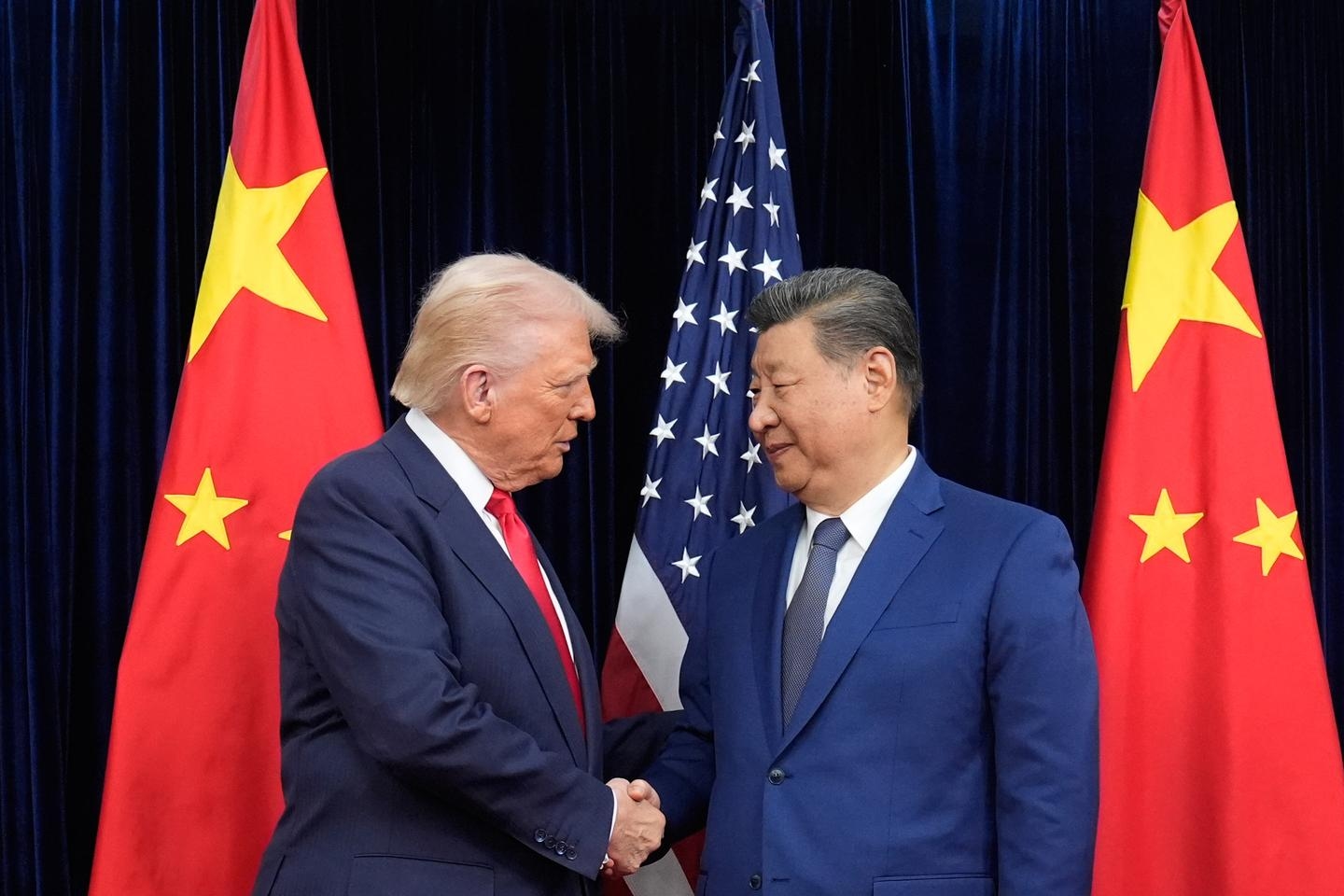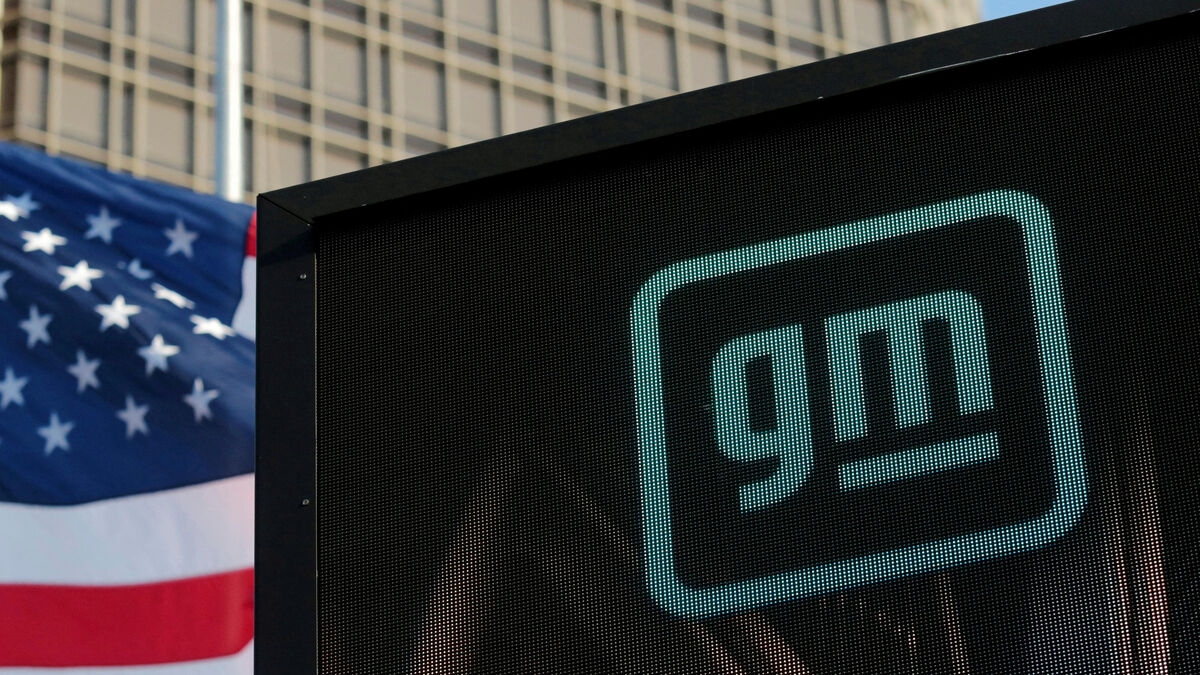Donald Trump announces that he has reached an agreement on rare earths during his meeting with Xi Jinping

Donald Trump announced to reporters that he had reached a one-year renewable agreement on rare earth elements with his Chinese counterpart, Xi Jinping, following their meeting on Thursday, October 30, in South Korea. The US president also announced a reduction in tariffs for Beijing from 20% to 10%. The meeting in Busan between the two leaders was intended to ease the trade war between them, which has shaken the entire global economy. Donald Trump also said he would travel to China in April.
The US president left Busan on Thursday aboard Air Force One, bound for Washington, after a one-hour and forty-minute meeting with Xi Jinping. The leaders of the world's two largest economies, who had not met face-to-face in six years, shook hands but made no statements to the media. It was only aboard the presidential plane that Donald Trump shared the outcome of the meeting with reporters.
"The agreement concerning rare earths is now concluded, and it is valid for the whole world," the American president told reporters, specifying that this agreement was concluded for one year and would be renegotiated annually.
Before the meeting, the White House occupant, who had just announced an immediate resumption of nuclear weapons testing , had described his counterpart as a "formidable negotiator" while saying he expected a "very successful" meeting. Xi Jinping, for his part, had assured everyone that it was "a pleasure to see" Donald Trump again, as the two men posed for photographers in a somber building at Busan airport.
“China and the United States can jointly assume their responsibilities as major powers and work together to achieve more ambitious and concrete projects for the benefit of both our countries and the entire world,” he stated. The two leaders then began a bilateral meeting with their delegations.
RivalryDonald Trump did not respond to a reporter's request for comment on his decision to resume nuclear testing. He ordered his Department of Defense to "begin testing" U.S. nuclear weapons after his Russian counterpart, Vladimir Putin, challenged him with a test of a nuclear-capable underwater drone . This move is intended to establish a balance of power, just before he is scheduled to meet with Xi Jinping to try to finalize a trade truce prepared by American and Chinese advisors in recent days.
The two leaders know each other well, having met five times during the Republican's first term, but their last meeting dates back to 2019. Since then, the rivalry between the two superpowers has only intensified and, above all, Donald Trump, who returned to power in January, has launched a radical protectionist offensive, in service of his "America First" ideology.
Before the meeting, the US president had hinted at a reduction in the US tariffs imposed on China due to its alleged contribution, according to Washington, to the devastation caused by fentanyl trafficking in the United States. This has now been achieved, according to Donald Trump, with tariffs lowered to 10% on Chinese goods entering the US. In return, Beijing has reportedly agreed to suspend, for at least a year, its restrictions on the export of rare earth elements – essential materials for industry (automotive, smartphones, weapons, etc.) on which China holds a near-monopoly.





